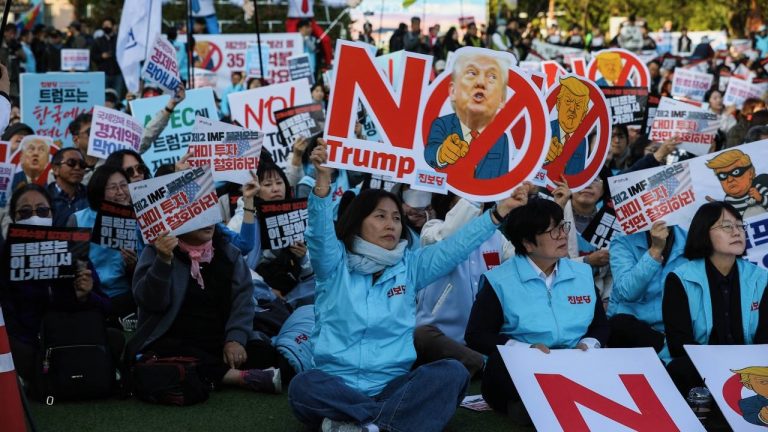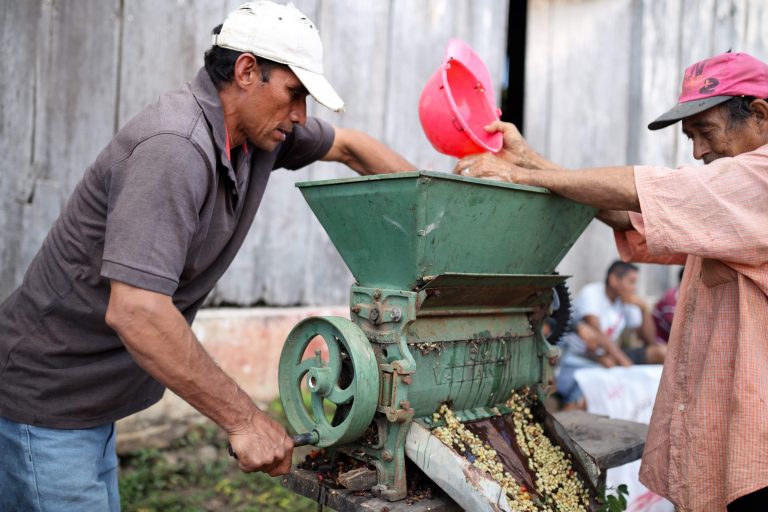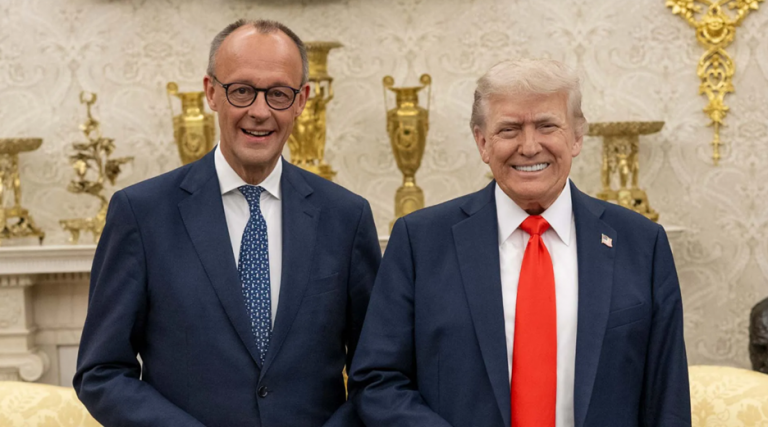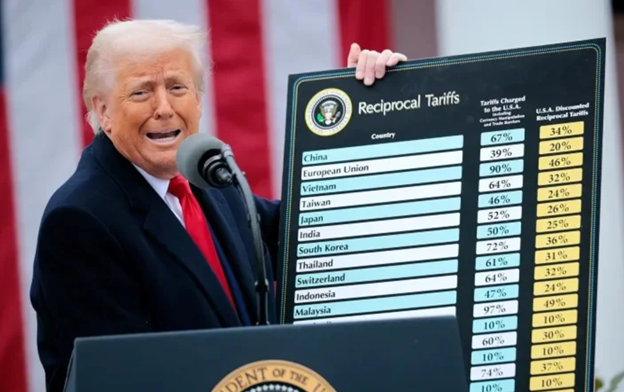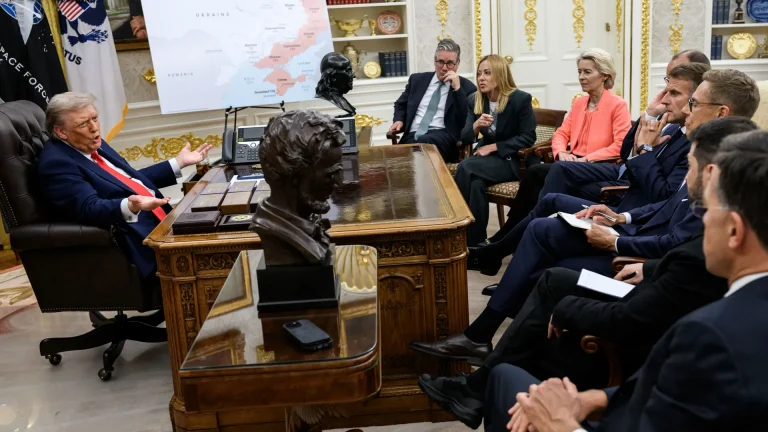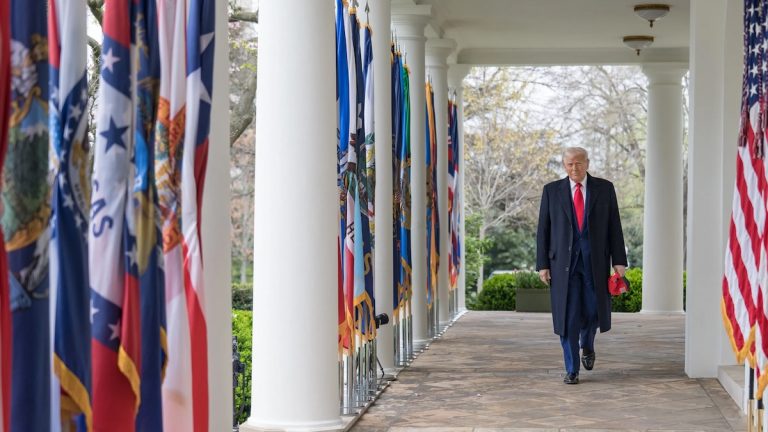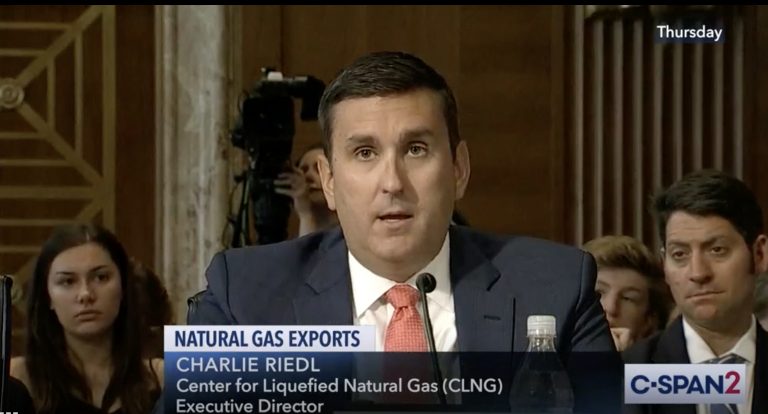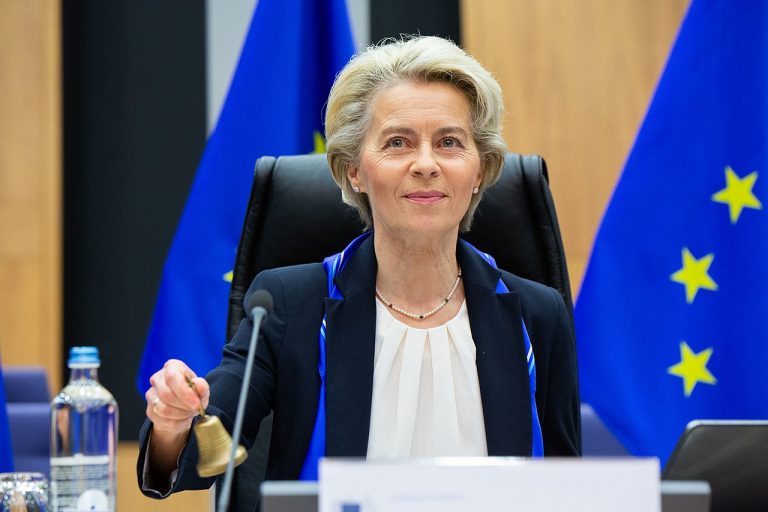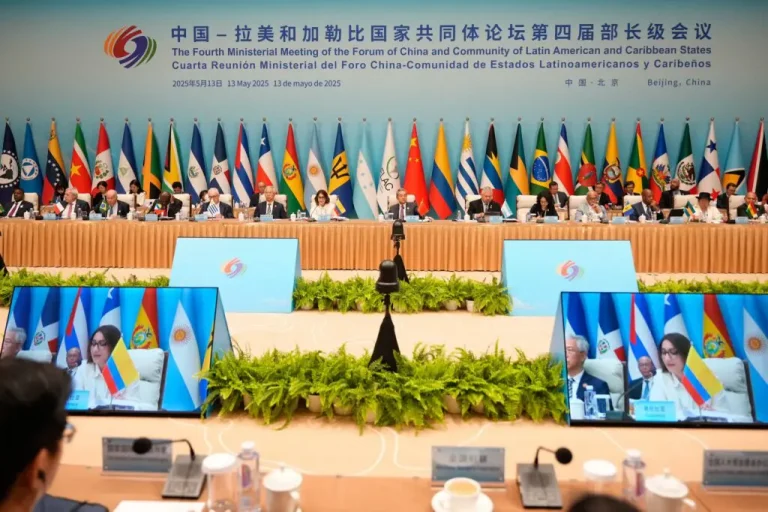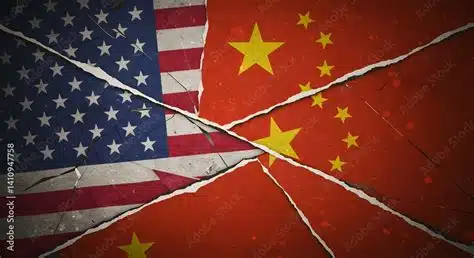From Tariffs To Tribute: The $350B Price Of ‘Parity’
On October 29, 2025, the carefully scripted pageantry of the US-ROK alliance in Gyeongju and Seoul met an unwelcome counter-narrative from the streets. While US President Donald Trump was being feted with a Silla-era replica gold crown and Korea’s highest honor, thousands of workers, trade unionists, farmers, students, and women’s collectives converged near the APEC venues. They chanted a unified dissent: “No kings!” and “No to APEC for the 1%”. Organizers framed the protest as a demand for the restoration of national dignity against what they saw as an act of economic coercion.

